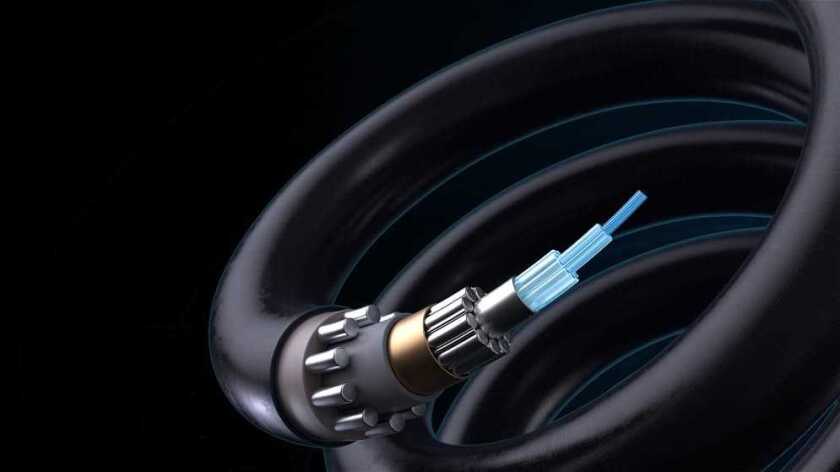According to Reuters, the two companies have told Federal Communications Commission (FCC) they intend to launch the system in late 2022, following the exit of China Mobile from the project.
The system is set of deliver increased capacity on increasingly high-demand routes. Specifically, the joint filing said that the new system will help support Facebook applications and provide Amazon with capacity needed to support its cloud services and connect its data centres.
A Facebook spokesperson agreed that this is "the best path forward to complete the construction and bring the... cable system into operation was to restructure the system ownership, allowing the parties to deliver on the goal of bringing connectivity to more people and regions."
No official comment yet from Amazon or China Mobile International.
There has long been doubts over the security of a China to US cable, with concerns of possible government intervention and the potential for espionage.
One such example is the PLCN cable, which part owners Google and Facebook asked the FCC in February of last year for permission to activate parts of 8,000 mile PLCN between the US, the Philippines and Taiwan, leaving the sections connecting to Hong Kong dark.
Facebook has since then confirmed that the project is still being progressed.
"We are working with partners and regulators to meet all of the concerns that people have, and we look forward to that cable being a valuable, productive transpacific cable going forward in the near future," said Kevin Salvadori, vice president of network investments at Facebook.
In September, Facebook, Amazon and China Mobile withdrew their application to connect San Francisco and Hong Kong as part of the Bay to Bay Express Cable System.
In March, Facebook withdrew a separate FCC application for a Hong Kong to California cable.






